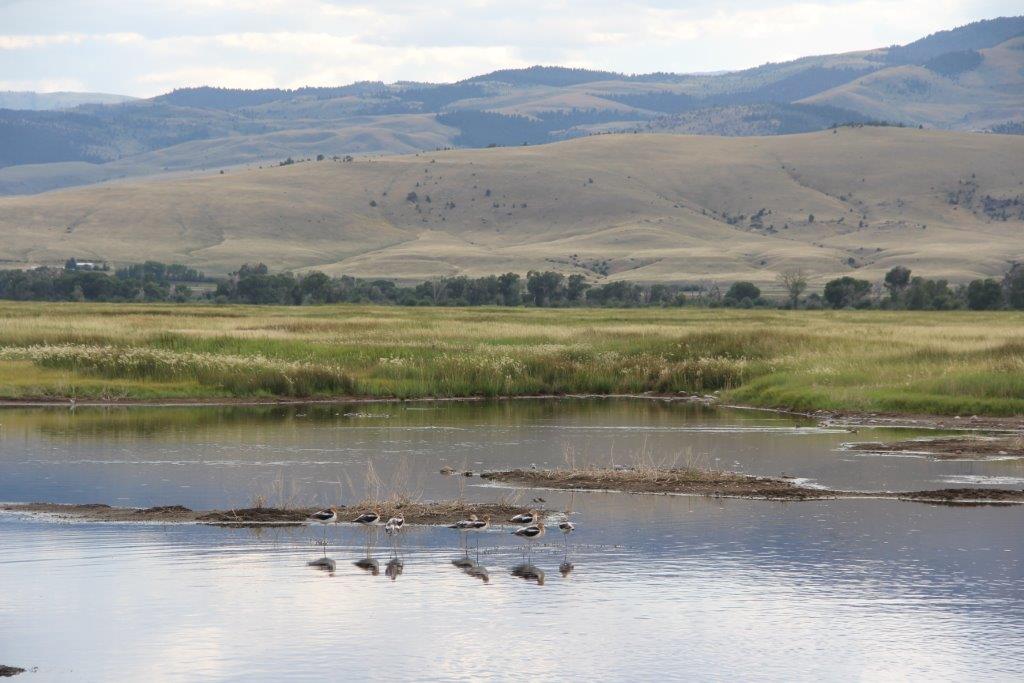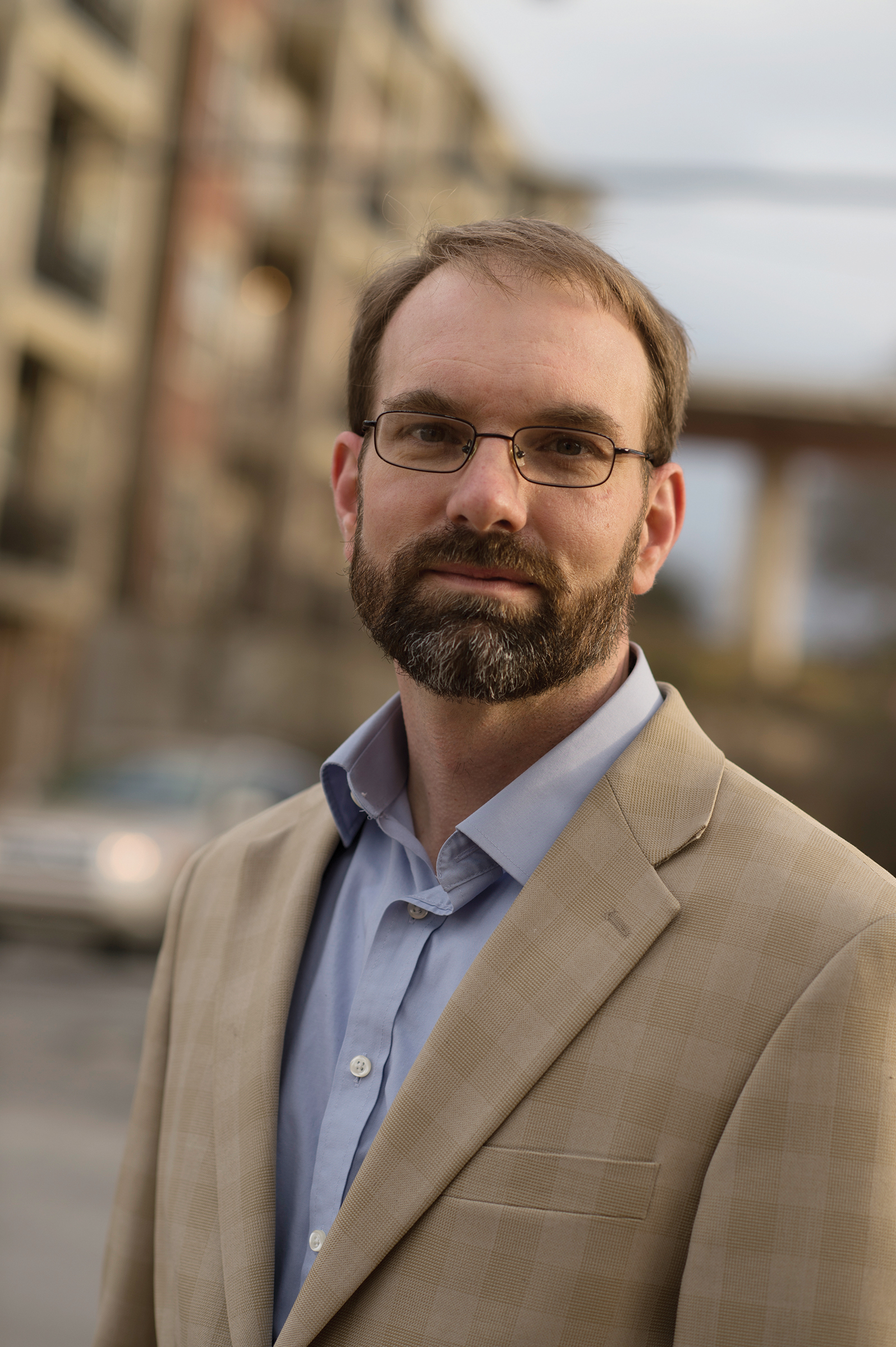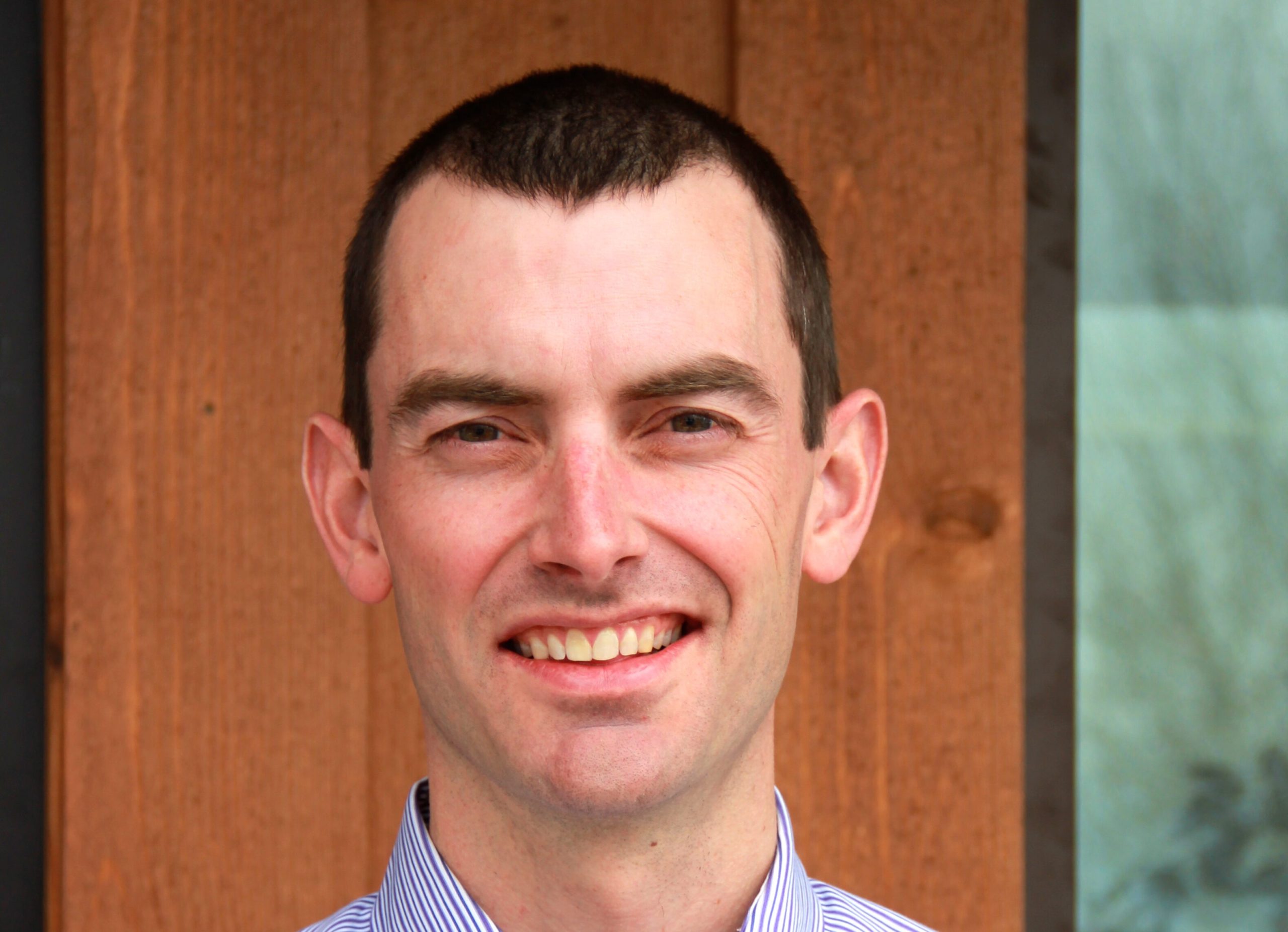To research a topic means to investigate it systematically, to test assumptions, establish facts, and ultimately to reach new conclusions. The research process—and it is a process—is not about advocacy. It is about understanding.
PERC’s commitment to rigorous, intellectually honest research began with our founders, a small group of economists who challenged the conventional wisdom that free enterprise and unregulated markets inevitably caused environmental destruction. They dared to ask why markets failed to protect the environment, and they ultimately concluded that virtually all environmental issues boil down to two words: property rights.
When resources are unowned, there is little or no incentive to conserve them either in the marketplace or in an environmental bureaucracy. Research by PERC’s founders showed that government regulations often wasted environmental resources and that, with clearly defined and tradable property rights, markets could foster environmental stewardship.
These discoveries became the principles of free market environmentalism, a paradigm born not out of ideological bias or partisan politics but out of curiosity, investigation, and honest research.
THE THREE Ws
Research at PERC has historically focused on what I call “The Three Ws”: water, wildlife, and western lands.
Our recreational pursuits and Montana location only partly explain this concentration. “The Three Ws” are predominantly public resources, meaning that they are managed through a political process that is poorly understood, far from perfect, but regularly romanticized.
PERC scholars examined how restrictions on water trading discouraged conservation and created zero-sum fights between agricultural and environmental interests. The resulting research led to several policy reforms, most notably the classification of “instream flows” as a beneficial use of water in the West—a change that facilitates water trading and conservation today.
Our research has similarly informed wildlife management over the years and across continents. From the reintroduction of wolves to Yellowstone to the role of hunting endangered species, our scholarship helped demonstrate a universal truth of wildlife-landowner relations: “If it pays, it stays.”
The third “W”—western lands—covers topics from public lands to American Indian reservations. For timely examples of this research, see PERC’s new report “Access Divided” by Hannah Downey, Holly Fretwell, and Shawn Regan, or our brand new book, Unlocking the Wealth of Indian Nations (Lexington Press, 2016), edited by Terry Anderson.
NEW TOPICS, NEW PEOPLE
Few organizations, if any, can match the breadth or depth of PERC’s research on these topics. We are proud of that history, but we recognize that new research topics and perspectives are needed to grow our audience and relevance.
Already this year we have launched new research initiatives on energy innovations and urban environmental issues. And we are hosting research workshops on both topics later this year.
These events and the publications they generate will mark a significant expansion in our research agenda. Of course, with new topics comes new people, and vice versa. The appointment of new senior fellows, including Spencer Banzhaf (see below), will help fuel PERC’s continued growth.
This issue of PERC Reports also showcases research on a new perspective: environmental policy in the Anthropocene. Though not focused on any particular resource, the Anthropocene perspective compels us to refute the “balance of nature” fallacy and ask how we can resolve competing human demands on an ever-changing natural world.
That is a question that free market environmentalism can surely help answer.
SAME COMMITMENT
Jean Briggs, a retired editor at Forbes and a former PERC board member who passed away this May, was recently celebrated by Steve Forbes for her “skepticism and the ability to look beneath the surface of things.”
No doubt, Jean imprinted that quality onto PERC’s genetic code. Hence, as we broaden PERC’s focus to include new topics while maintaining our expertise on “The Three Ws,” we will maintain our commitment to rigorous, intellectually honest research.
| Meet PERC Senior Fellow Spencer Banzhaf
Spencer Banzhaf is a professor of economics at Georgia State University and a research associate at the NationalBureau of Economic Research.
Q: What are your primary research interests? A: My work focuses on how environmental quality is linked to private goods, which creates indirect markets for the environment. For example, you can’t just go to the store and buy a nicer local climate or cleaner local air. But people can enjoy those things by living in a neighborhood with a nicer climate and cleaner air. Since many people like these things, demand for housing is higher in such areas, making housing prices more expensive. In this way, there really is a market for such goods—the
market for housing which bundles them together.
Q: What brought you to PERC? A: I first began reading some of PERC’s research 20 years ago when I was working on my dissertation. Then I started using other PERC materials for teaching. Years later, I heard that PERC was a stimulating intellectual environment to visit and gave it a try. I’ve been happy to be part of PERC ever since. Q: You are directing a PERC research workshop later this year with Matt Kahn on “Free Market Environmentalism in the Urban Environment.” What does free market environmentalism have to do with urban issues?
A: PERC’s work has focused primarily on natural resource issues. But most people live in cities, and many environmental problems are urban issues. Urban heat islands are part of the overall climate issue. Air pollution is worse in cities and affects more people. Transportation networks are overloaded, and so forth. Many of PERC’s insights can be applied to these settings. For example, we know that pricing access to open-access resources helps address over-use problems, so how might congestion pricing work on roads and highways? Those are the type of questions we aim to explore in greater detail.
|
This article is from a special issue of PERC Reports: Environmental Policy in the Anthropocene.
Click here to read the full issue online, or click here to download a PDF.





